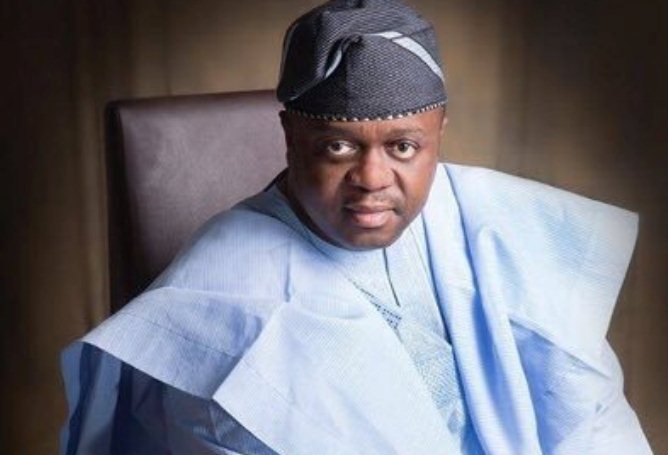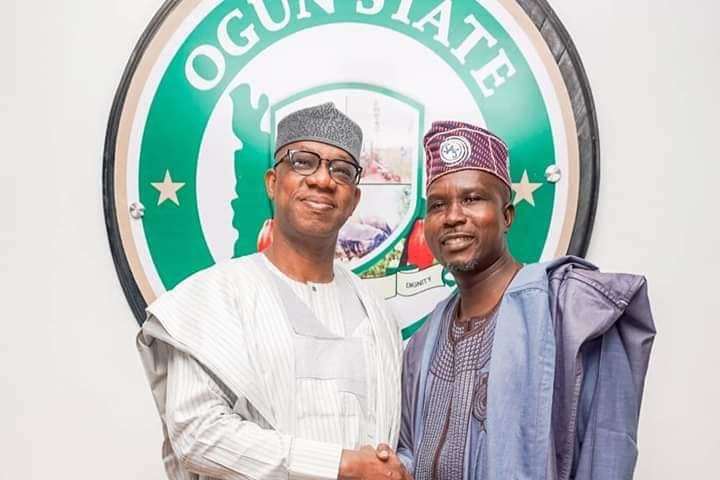...To get all news updates, Join our WhatsApp Group (Click Here)
Also Join our WhatsApp Channel (Click Here)
Emerging details have it that Governor of Ogun State Dapo Abiodun favors Prince Lanre Tejuosho to take over the Ogun Central senatorial seat.
The seat is currently occupied by former Governor Ibikunle Amosun.
Amosun who is working on becoming the next President of Nigeria wants Taiwo Adeoluwa, the trusted supporter who served as the Secretary to the State Government in his two-term as the Governor of Ogun State – 2011 to 2019 – to become his successor as Senator for Ogun Central if his presidential ambition lands on solid ground.
Salisu Afolabi Shuaib, the Chief of Staff to Governor of Ogun state is also interested in the Ogun Central Senatorial seat.
We however gathered that Governor Abiodun is not backing his Chief of Staff’s senatorial ambition.
“The Governor is seeking a second term in office and he wants to retain his trusted aides to ensure continuity in governance and balance in the administration. The chief of staff is one of the Governor’s key men” we learned.
We also confirmed Salisu Afolabi Shuaib is one of the most trusted aides of Governor Abiodun.
“There is also the shrewd political calculation that is better for any aspirant who wants to take the Ogun Central seat, particularly from Amosun and his group, to be from Egba and Tejuosho is not just from that axis (Oke -Ona Egba) but also a prince (son of traditional ruler Osile Oke Ona Egba, Oba Adedapo Tejuosho) and the immediate past holder of the position” information at hand revealed..

The Chief of Staff is being made to step down his ambition – for Tejuosh the second time – based on assurances he would get the Governor’s backing in 2027.
It was gathered that Salisu Shuaib Afolabi who served as Deputy Chief of Staff for a while in the administration of former Governor Amosun was first made to step down for Lanre Tejuosho in 2015.
Dapo Abiodun, Ibikunle Amosun, Lanre Tejuosho, Salisu Shuaib, and Taiwo Adeoluwa are all members of the ruling All Progressives Congress but with loyalties to different factions.
Adeoluwa belongs to the faction with Amosun as leader while Tejuosho and Shuaib are members of the group with Abiodun as the head.
Tejuosho who was formerly a loyalist of Amosun was the occupier of the Ogun Central senatorial seat – 2015 to 2019 – before Amosun made him “surrender” the ticket and moved from governor to Senator in 2019.
The development soured their relationship and Tejuosho teamed up with Abiodun as part of efforts to regain the senatorial seat.
You can get every of our news as soon as they drop on WhatsApp ...To get all news updates, Join our WhatsApp Group (Click Here)
Also Join our WhatsApp Channel (Click Here)

















